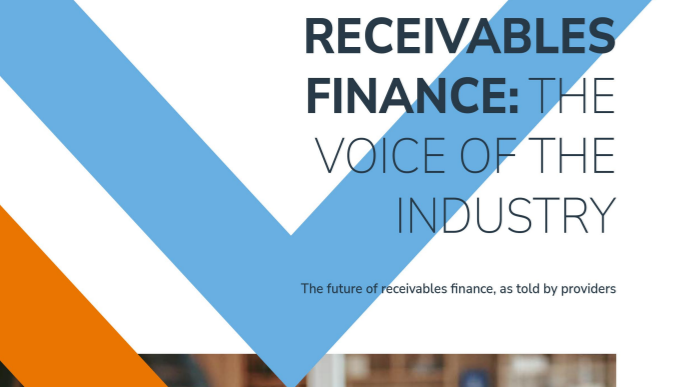The past 12 months have brought a multitude of unprecedented challenges for small businesses. It was inspirational to witness how they responded with versatility, creativity and tenacity, and how that brought about rapid innovation, new collaboration and empathy that continues to benefit society as a whole. It was also exciting to see the community of IT innovators rise to the COVID-induced challenges, in the face of lockdown and isolation. From the mass move to home working and schooling, to the connected communities of carers for those facing isolation, the agility of information technologists has been fundamental – and heart-warming.
Now, as we make our way out of crisis mode and tentatively begin to follow the roadmap back towards ‘normal’ ways of working and living, we will see whether the lessons of 2020 will truly create lasting change for the better. In this context, how the global financial ecosystem has and will continue to respond to challenges created by the pandemic will be pivotal.
Preparing for the Bounce-back
The downturn as a result of COVID-19 has affected SMEs disproportionately, with 90% reporting a drop in turnover as a consequence of the pandemic[1]. SMEs struggling to access suitable and affordable banking is nothing new - the brightest and hungriest firms have, for many years, faced this challenge. But when you factor in a global pandemic that forced thousands of those businesses to shut down for weeks or months at a time, bringing cashflow to a standstill overnight, more than once within a year, and the picture grows bleaker still.
For many SMEs, staying ‘open for business’ on digital platforms was a life-saver but they still needed cost-effective payment and foreign exchange services. However, unable to provide a long credit history or report consistent revenue, many find that their usual bank can’t help, and they are left unable to gain access to the services they need.
To discover the challenges facing SMEs and identify opportunities for the financial services sector to support an SME bounce-back, Banking Circle commissioned a new study. The findings were published in a white paper: Bounce-back banking: 5 markers for success in delivering SME financial services.
The research revealed a significant gap between SME needs and the quality of advice and service they receive. Since new regulations and tougher restrictions came into play after the last global recession, banks have found it more difficult to offer financial services to smaller businesses. And the wide range of business models, distribution and ambitions means no two firms are alike, making them difficult for banks to serve. The consequence is that many SMEs are left out in the cold. Our research found that key problems SMEs face in banking include:
- poor quality/inconsistent service (28.7%)
- slow response times (28.7%)
- poor FX rates (24.5%)
When banks first started, market requirements were very different, and no one could have imagined the cross border, digital, international trading landscape in which we find ourselves today. The once-pioneering systems and in-house servers on which Banks are built now present a significant challenge in deploying new software and applying best practices.
50% of banks told us in separate research we conducted last year that the move to digital services is a major challenge, yet two-thirds believe they are keeping pace with technological change. However, smaller companies are turning to alternative providers for faster, cheaper solutions – almost half (48%) of SMEs said they have looked elsewhere for banking solutions that better suit their needs.
The 2021 recovery
The continuing challenge is too great for one organisation to resolve. It requires a fundamental change that is only possible in partnership. Collaboration and transformation are already underway across a multitude of organisations within the industry. This will come into its own in 2021, but collaboration will be most effective where it is backed up by technology that enables agility.
Collaboration will also see partners working together more closely for best-in-class solutions and outcomes. For example, think about AI. Data driven decision making has already been proven to deliver efficient and effective results.
There is no question that there is much that is still unclear about 2021; but what is crystal clear is that nothing is certain and, therefore, flexibility and agility underpinned by proven technology will be crucial.
Anders la Cour, Co-founder and Chief Executive Officer of Banking Circle
To find out more about how financial services providers can improve their service for SMEs, download the white paper here: Bounce-back banking: 5 markers for success in delivering SME financial services
[1] Analysis from the OECD is available here: http://www.oecd.org/coronavirus/policy-responses/coronavirus-covid-19-sme-policy-responses-04440101







